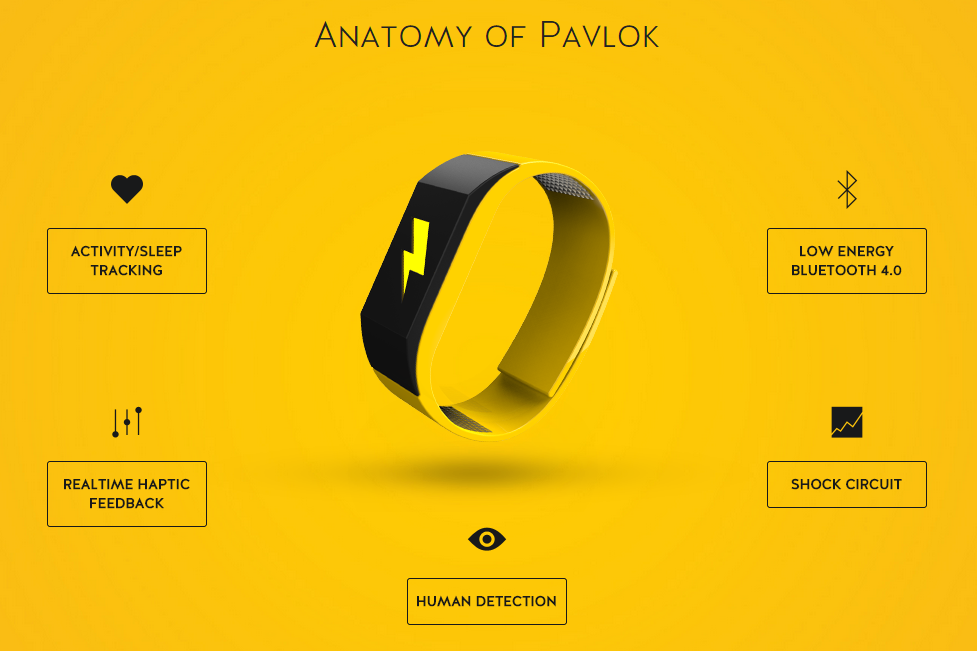The Institute for Behavioral Training (IBT) is a one-stop training hub for people who interact with, teach, care for, and treat individuals with autism spectrum disorder (ASD). The Institute for Behavioral Training (IBT) is: Convenient. For busy professionals, teachers, and parents, our online courses can be completed anytime, anywhere. Distracting with thoughts is a bag of tricks that we keep nearby for emergency use. These are our “go to” thoughts that simply and quickly distract our mind – providing valuable time to process whatever is causing newfound stress. Behavioural Training Behavioural Training is an extremely important element of all corporate training programs for companies as globally it is recognized in inculcating the right attitude in their employees. 'If you want to change attitudes, start with a change in behaviour', says Dr. William Glasser who is the great psychiatrist from the US. Behavioral health explores how behavior affects wellness, as well as how outside influences affect behavior. Education and training is available at the associate's, bachelor's and master's degree.
Counseling Services
Eye Movement Desensitization and Reprocessing or EMDR is a therapy developed by Francine Shapiro. It is a structured approach to reducing or eliminating disturbing thoughts that may be due to post traumatic stress or severe trauma that may be unresolved.
Cognitive Behavioral Therapy or CBT is a collaborative effort between the therapist and client. The therapist assists the client in managing or changing his or her thoughts, attitudes and beliefs. In doing so, the client is able to replace maladaptive behaviors with more adaptive behaviors and thoughts.

Training Courses Dialectical Behavior Therapy

Dialectical Behavioral Therapy Certification
Dialectical Behavioral Therapy or DBT was developed by Marsha Linehan. DBT consist of skills training for the client. These skills include Mindfulness, Distress Tolerance, Emotion Regulation, and Interpersonal Effectiveness Training. When practicing individual DBT, the client and therapist will work together discussing issues that may have come up for the client during the week and identifying behaviors that may be harmful or maladaptive for the client. Next the client will learn to work on managing thoughts and behaviors using DBT skills.
